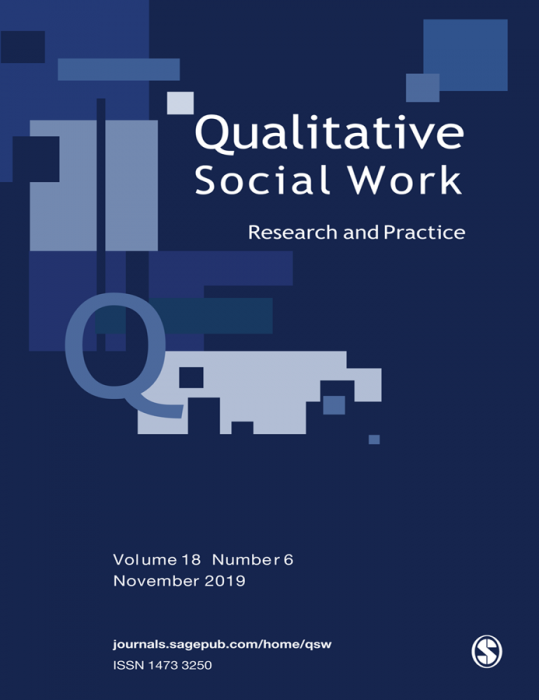

Post-war reintegration and rehabilitation therefore requires a long-term and comprehensive approach of the entire international community. Psychosocial and educational rehabilitation of post-war countries should be based on the values of peaceful coexistence, on evidence-based concepts and sustainable development. The implication of critical thinking as a cross-sectional part of educational activities can become a transformative educational aspect from war to sustainable peaceful coexistence.

The challenge for educational policy makers as well as pedagogical workers in the mentioned context is to understand, explain and recommend changes in the system and content of education that would guarantee the peaceful nature of the educational process. Education, on the other hand, should be directed towards civil reconciliation as a necessary prerequisite for the post-war reconstruction of society. In order for education to make a positive contribution to the building of peaceful coexistence, it must identify and eliminate those aspects that could in the past, as well as potentially in the future, re-create foci of tension and the emergence of new ones, or old conflicts. The social reintegration of the inhabitants of post-war countries includes educational aspects as an immanent part. We could include children and youth, seniors, people with disabilities, or all residents of socially disadvantaged environments as social groups with a greater need to detect problems associated with their post-war reintegration. The successful fulfillment of this challenge will be reflected in the functional social reintegration of all social groups. Their theoretical reflection and research are part of a social engagement that can bring about sustainable renewal and social functioning of post-war countries. Living and working in the post-war world creates all kinds of stressful situations. The existence of available psychosocial support during and after the end of the war conflict is an important condition for the psychosocial rehabilitation of post-war countries. The long-term inability or even reluctance to solve them on the part of social and political elites often develops into open armed conflicts with enormous economic but above all psychosocial consequences.

Another prerequisite for the emergence of armed riots are long-term (sometimes also short-term) global, interstate, local, political, ethnic, or religious conflicts. One of the key determinants of the emergence of prerequisites for war conflict is the existence of social tension and efforts to eliminate it through violent activities. Their task is not only a scientific reflection of the problems brought about by the military conflict and proposing solutions to these problems, but also the identification of preventive measures that would prevent a new war in the future. Scientists have an irreplaceable place in building the post-war world. The participation of helping professionals in post-war rehabilitation is irreplaceable.
#Social work journal professional#
These values are part of the professional equipment of all helping professions. The target category of the positive reconstruction of socialization processes in post-war countries is the restoration of humanism, solidarity, justice and social cohesion. Their importance is accentuated, for example, in the area of identifying the impact of war on the socialization process and in eliminating the problems that war events left in it. In addition to experts from the fields of finance, economy, construction, transport, and energy, representatives of helping professions have an important mission in the rehabilitation of post-war countries. The professional guarantee of the post-war recovery of the company requires the functional cooperation of experts from various fields.

Therefore, post-war reconstruction plans must include not only the solution to the psychosocial consequences of the war, but also the rehabilitation of the entire society, in which education has a key position. If the military conflict takes place in a culturally diversified environment, then post-war rehabilitation also requires respect for cultural diversity. However, it is not only about individual problems and the subsequent individual efforts to solve them, but also about the whole of society. Experiencing a war conflict leaves a significant impact on a person’s physical, psychological and social health, even long after the end of war operations. War conflict, its preparation, course and termination is a socially threatening continuum that requires the commitment and coordination of the entire society. Psychosocial and Educational Rehabilitation of Post-War Countries (Editorial)


 0 kommentar(er)
0 kommentar(er)
